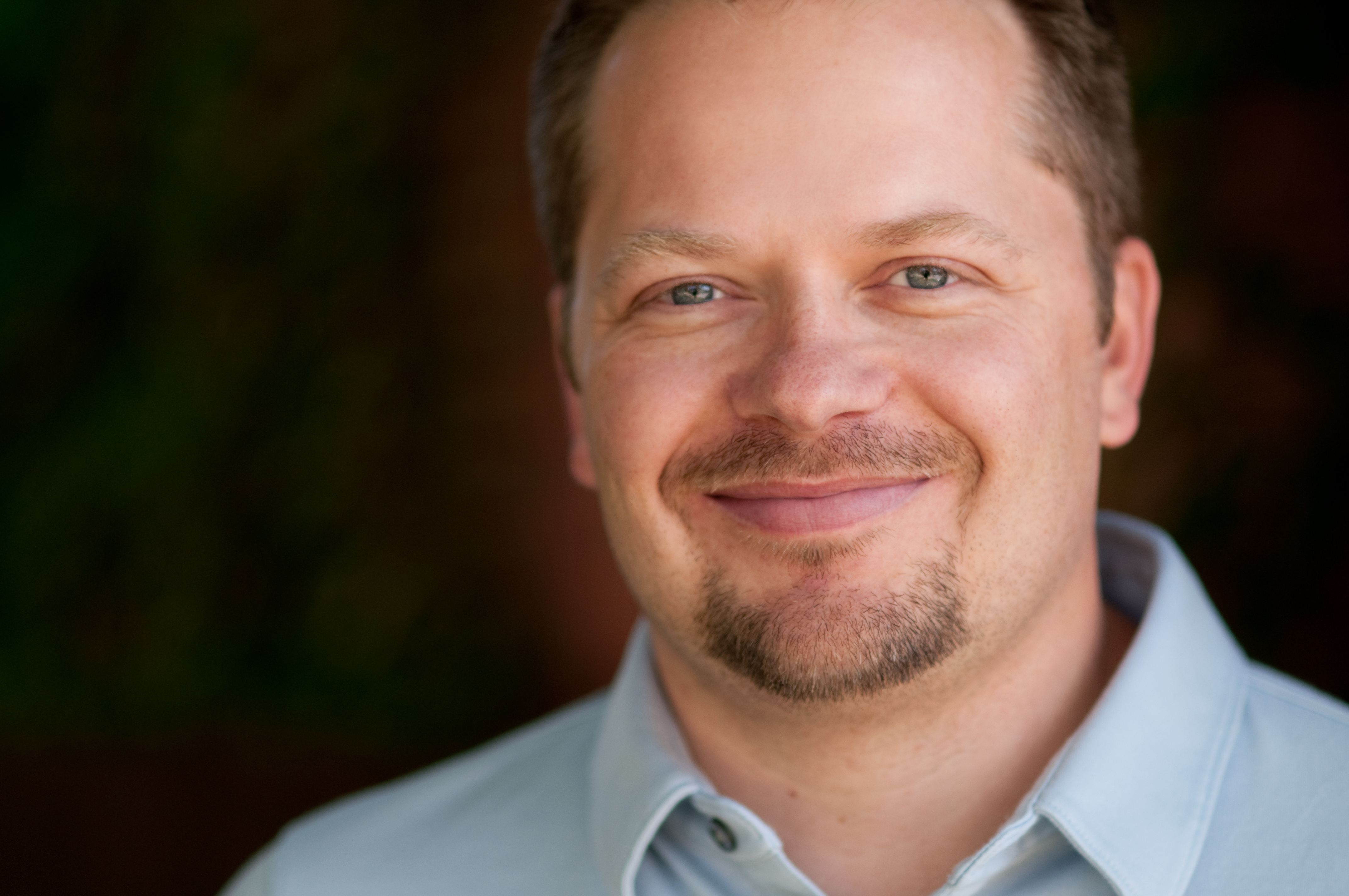Several times, I had led a book study through The Wounded Heart by Dan Allender. This book was written for those who have experienced sexual abuse. It has been used as the text for WGA’s Survivors of Abuse (SOA) for many years. Each time I read it, something new seems to stand out and “sink in” for me personally in a way that it hasn’t before.
Repentance
In the chapter, “Repentance,” Allender makes some significant points defining his topic:
“Repentance is an internal shift in our perceived source of life. It is recognizing that our self-protective means to avoiding hurt have not ushered us into real living (the reckless abandon to God that ultimately leads to a deep sense of wholeness and joy) or to purposeful, powerful relating.” 1
“Repentance flows from the energy of being stunned, silent, and without excuse for the harm we’ve done to ourselves and others and for breaking the heart of God.” 2
Allender’s book is written for victims of sexual abuse. Therefore, I should interject here that he is not suggesting that abuse victims need to repent because they were abused. Or for their participation in what was an abusive dynamic. He is quite clear about the fact that abuse is never the victim’s fault. Rather, what he is referring to is that we need to repent of the self-protective ways in which we have responded to abuse.
For example, if a person was abused as a child, he or she may decide never to trust again. While this reaction is understandable, it will not enable one to live the full life (the abundant life) that God wants to provide. We are not called to repent for being wounded. Rather, we need to repent (turn) from living in self-protective ways that limit our ability to love and be loved by God and others.
Personal Experience
Personally, it is tempting for me to minimize the abuse I experienced as a child. When compared to the horrors that others have suffered, the incidents that occurred in my life seem small. And yet, as I read about the effects of abuse, I see those consequences operating in my life. Abuse can vary by degree, but all degrees of abuse have similar consequences.
In my childhood, I had a handful of sexual experiences with other boys. Most, but not all, of these were initiated by boys who were either older or whom I perceived to have some kind of power/influence over me. I was introduced to oral sex by a neighbor my age when I was about 8 years old. An older boy showed me pornography with the goal of getting me to remove my clothing and pose like the women in the magazine. In separate incidents, a couple of older boys in my neighborhood exposed themselves to me. At the same time these things were happening, I was also struggling to connect with other boys at school. I was sensitive and was not athletic. Something about my demeanor elicited rejection and name calling from the other boys my age.
Choices that Set a Direction in Life
I was making decisions based upon all of this abuse from both my peers and older boys. Men did not seem safe to me. They either wanted to hurt me or use me. I would do everything in my power to distance myself and remain safe.
I needed, and still need, to repent of this attitude and fearful way of living. The decisions I made all those years ago make sense to me. But those ways of relating are self-protective and do not allow God to have access to me through other people. People are the most obvious way He wants to bring healing into my life. For an adult who is no longer in those abusive situations, continuing to rely on an old coping strategy of distancing myself is unhelpful.
Self-Reliance and Control
Self-protection is also self-reliance. As a child, I learned that the safest way for me to live was to avoid any situation where I might be subjected to ridicule or abuse. If I couldn’t physically avoid a situation, then I would emotionally distance myself. It wasn’t safe to be myself, so I shut down or became who I thought others wanted me to be. At a young age, when I was especially vulnerable to those whom I perceived had power over me, avoidance may have been the best solution. It was also about control. If I could simply control my environment, I would be safe, and I would be taking care of myself.
I do not intend to heap more guilt and shame on myself, or on you because of the choices we have made to be safe. At this point in our lives, we need to take a look at our circumstances. If we are, in fact, safe, we no longer need to live as victims. God has more for us. Will you open yourself up to receive the blessings He has to offer you?
“True repentance admits helplessness; penance presumes the ability to make amends on one’s own …. Penance is a payback; repentance is a plea for mercy.” 3
A Prayer
Below is a prayer of repentance that fits for me. Feel free to make it your own as you ponder how self-protection continues to operate in your life. I invite you ask God into the process with you – to change your heart and help you live the abundant life.
Lord, I repent for keeping myself distant from other people. I have been wounded by others, but I continue to wound myself by using these old techniques to keep people at bay. I need Your mercy and Your grace to cover the damage I have done to myself and to others by refusing to trust. Please help me to trust that You will bring good people into my life through whom I can experience Your love.
___________________________
1 Dr. Dan B. Allender, The Wounded Heart (Colorado Springs, CO: NavPress, 1990), 202.
2 Allender, 204.
3 Allender, 205.

Roger Jones
Executive Director
In the spring of 1995, the conflict Roger felt between his faith and his sexuality, as well as an addiction to pornography, led him to WGA. His personal journey has provided him unique insights into sexuality and the pain of adversity, which he shares through his testimony, facilitation of small groups, writing and public speaking.
Roger began working with WGA in October of 1996 as the Assistant office Manager. Since that time, he has worn many hats and served in several different positions, including Assistant Program Director and Operations Director. In April of 2007, Roger assumed the position of Executive Director.
Roger attended West Texas A&M University, where he studied Music Business. Much of his training has been “on the job,” where he was mentored by the ministry’s Founder, Mary Heathman, and the Program Director, Scott Kingry. He holds a BA from West Texas A&M University.
Roger, his wife Jill, and their daughter Julia and son William, attend Celebration Community Church where Jill serves as Associate Pastor.
Make a Difference in Someone's Life
If you enjoy reading WGA’s blogs and would like to show your support, please consider making a donation. Where Grace Abounds is a 501(c)3 non-profit organization. The majority of services, including support groups and discipleship counseling, are provided free of charge. Your financial gifts help to cover the costs associated with offering a free program to those who seek WGA’s services.

